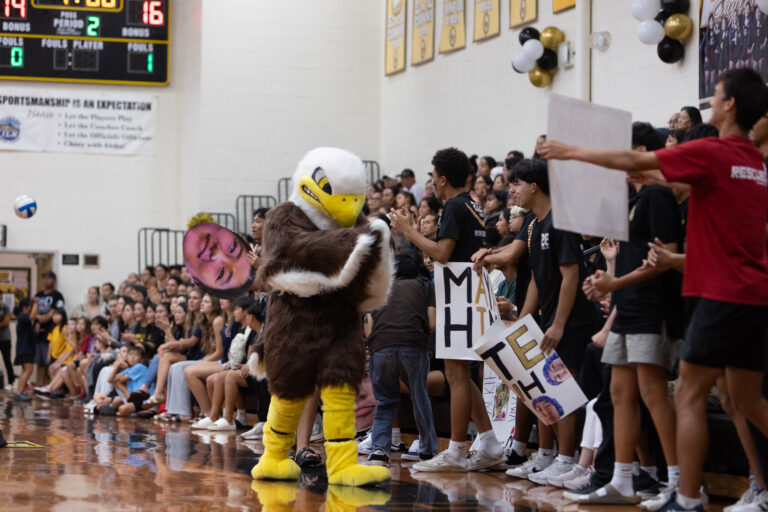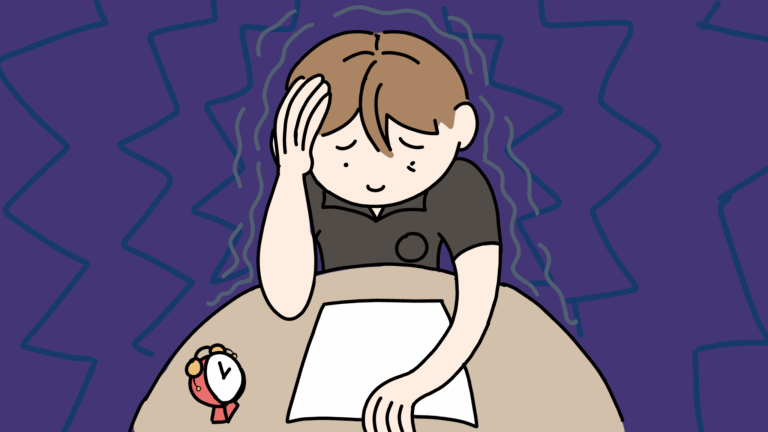When David Ige issued the stay-at-home order and HBA transitioned to online learning, I suppressed my elation. I finally got to sleep more and spend less time on homework. Despite the boredom and lack of human interaction, self-isolation did not bother me until I learned that my dad needed to file for unemployment insurance.
Like the 26 million Americans that have filed for unemployment in the last three weeks, my father had to look towards the government for financial help. In Hawaii, the Department of Labor has received more than 100,000 unemployment claims, and the number continues to soar as businesses remain closed due to the state’s stay-at-home order. My father is the sole breadwinner of my family and he had to quickly file a claim as a means to cope with our financially grave situation. The Hawaii State Department of Labor provides unemployment insurance (UI) for workers if their employer closed or temporarily closes, their hours are cut, or they are directed by their employer to remain home. Approved applicants receive weekly monetary compensation until the he or she finds a new job. Those who do not qualify for UI may apply for the federal government’s Disaster Unemployment Assistance.
Although my father applied for UI a month ago, the high number of claims has made almost impossible for us to access their website and view the status of our application. After constant page refreshes, we only know that his initial claim was approved, but the money going towards our bank account is still pending.
Like many Americans, my family is also eagerly waiting for our stimulus checks. The CARES Act, a 2.2 trillion-dollar economic stimulus package passed by the federal government, promises to distribute checks via the mail or through direct deposit to bank accounts. Those who wish to check the status of their stimulus checks can use the new but glitchy IRS Get My Payment tool. My family is extremely grateful for the stimulus checks as the money is needed to pay off some of our bills. However, they won’t go far for low-income families like mine: with rent, recurring bills, and grocery purchases, the checks will only stave off two month’s worth of bills considering my dad’s jobless position.
On Oahu, in addition to these two sources of financial assistance, local organizations are also offering free meals. For example, YMCA offers free grab-and-go meals, and Malama Services provides meal kits for high-risk kupuna and keiki who are unable to obtain food without venturing outside. Even HBA’s is offering free side dishes to HBA families affected by the pandemic.
Overall, the biggest question in my mind concerns the future: Will temporarily laid-off workers, including my dad, be able to return to their original jobs and hours after the coronavirus subsides? For me, the most obvious lesson this pandemic has taught us is that one microscopic virus can completely disrupt the entire world’s economy. Many Americans, including me, find the shaky future unnerving, especially when college is not too far ahead for me. Despite our family’s desperate need for cash, the best thing I can do is right now is to obey state laws and support the doctors, nurses, and front-line heroes valiantly fighting to treat and contain the spread of COVID-19. I will remain patient as we wait for financial assistance and focus my energies on the school work in front of me.






